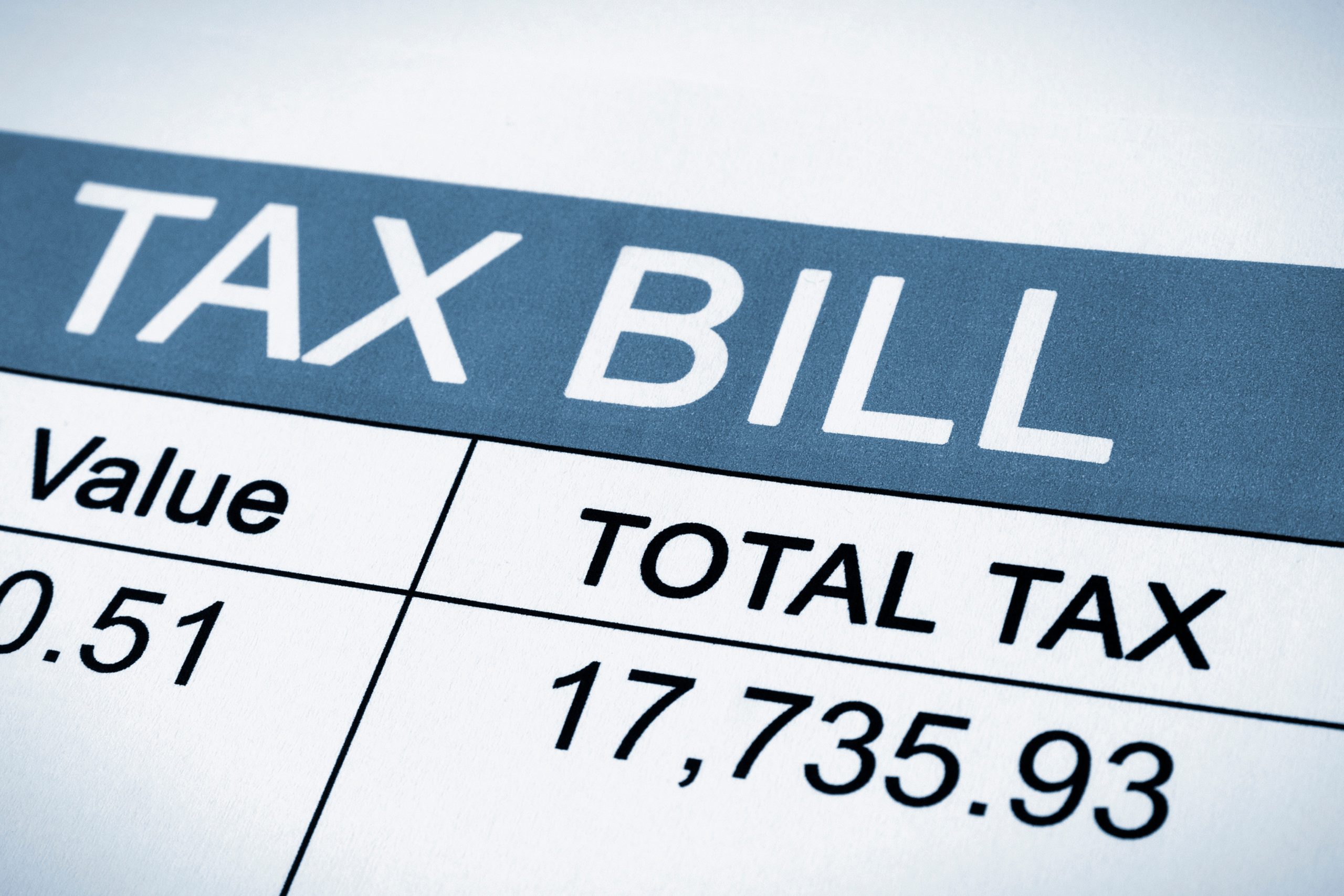How to Avoid a Surprise Tax Bill & What To Do If You Receive One
 Tax filing season is here again, and millions of hardworking Americans are already dreaming of those big refund checks. Unfortunately, many of them may be disappointed this year.
Tax filing season is here again, and millions of hardworking Americans are already dreaming of those big refund checks. Unfortunately, many of them may be disappointed this year.
Taxes can be a complicated and often stressful aspect of personal finance. Nobody wants to be caught off guard with an unexpected tax bill, but it can happen for a variety of reasons.
So, what can you do if you find yourself in this uncomfortable situation? How can you avoid ending up with a big tax bill this year? Here are some tips to help you avoid a tax bill and some advice on what to do if you get one. First, let’s start off with how to avoid a surprise tax bill.
Keep track of your income and expenses throughout the year. One of the best ways to avoid a surprise tax bill is to stay on top of your income and expenses throughout the year. Keep track of all sources of income, including wages, self-employment income, and investment income. Then on top of that, keep receipts and other documentation for expenses you can deduct from your taxable income to ensure you have all documentation for your case if a surprise tax bill does come up.
Adjust your withholdings.
Make sure your employer withholds the correct amount of taxes from your paycheck. If you’ve had a significant life change, such as getting married, having a child, or changing jobs, you may need to adjust your withholdings. Use the IRS withholding calculator to ensure you’re withholding the correct amount.
Pay estimated taxes.
If you’re self-employed or have other sources of income that aren’t subject to withholding, you may need to pay estimated taxes throughout the year. The IRS provides forms and instructions for calculating and paying estimated taxes.
Review your tax return.
Review your tax return from the previous year to ensure you haven’t overlooked any deductions or credits. This can help you avoid overpaying your taxes and receiving a surprise tax bill.
If you find yourself in tax trouble (even if you have years of unfiled tax returns), reach out to our expert tax resolution firm for a free, no-obligation consultation. https://calendly.com/premierbusinessstrategist/virtualconsult . While you wait to have your consultation, here are a few steps you can take to help you in your situation.
Review the bill & determine the reason for it.
Carefully review the bill to ensure everything is accurate. As you are reviewing your bill, identify the reason for the bill. It could be due to an error on your tax return, an unexpected change in your income, or a change in tax laws.
Consider your options.
If everything on the bill seems accurate and you are at fault for what the IRS is claiming you owe, you have a few options. If you can’t pay the bill in full, consider your options for resolving the debt. You may be able to set up a payment plan with the IRS, negotiate a settlement, or a few other options to help aid you in your situation. However, do not ignore this tax bill as the IRS can be relentless in collecting what they believe is owed to them, and ignoring the situation will make it much worse.
Seek professional help.
Do not contact the IRS, without representatione as they can be very intimidating to the average taxpayer and are not on your side. If you’re unsure how to proceed or need help negotiating with the IRS, consider seeking help from a CPA, an Enrolled Agent, or an attorney that is also a tax relief specialist.
We have years of experience helping taxpayers just like you resolve IRS and State tax problems and negotiating the best deal on your behalf. If you owe the IRS money, contact us now for a consultation to learn about your options. https://calendly.com/premierbusinessstrategist/virtualconsult
By taking steps to avoid a surprise tax bill and knowing what to do if you receive one, you can minimize the impact on your finances and avoid future surprises. Remember to stay organized throughout the year, review your tax return, and seek professional help if necessary.

